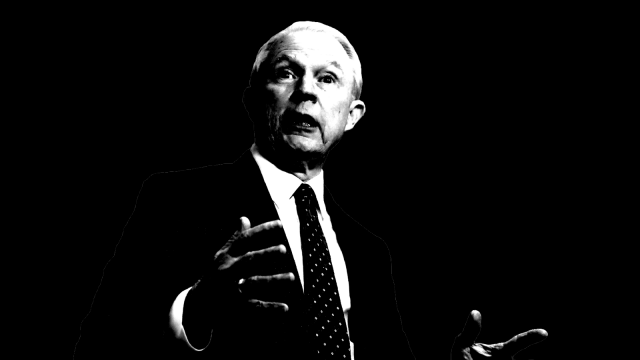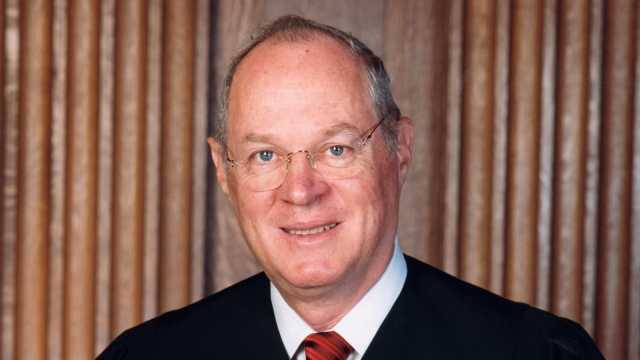Pence Launches Voter Suppression Tour Ahead of Midterms
In the final week before Election Day, HRC is exposing the efforts of Vice President Mike Pence, who is o…
Read moreDedicated To People, The Planet, and All Its Inhabitants – Since 1996

In the final week before Election Day, HRC is exposing the efforts of Vice President Mike Pence, who is o…
Read moreHRC responded to news that Trump’s Solicitor General, Noel Francisco, argued to the Supreme Court t…
Read moreToday, HRC responded to a new policy by the Trump-Pence administration that denies visas to same-sex part…
Read moreHRC responded to the defeat of the Aderholt Amendment, which the House Appropriations Committee added to …
Read moreToday, HRC issued the following statement calling on the White House to withdraw Brett Kavanaugh’s …
Read more
Today, HRC sent a Freedom of Information Act (FOIA) request to the Department of Justice (DOJ) calling for the release of all records related to the so-called “Religious Liberty Task Force” announced by Attorney General Jeff Sessions on July 30, 2018. HRC is demanding transparency from the DOJ, which has not provided details publicly on the activities of the task force, including how much it is spending, what it’s mandate and scope is, and who is on it.
Sessions announced the creation of the task force on July 30th at the U.S. Department of Justice standing alongside the anti-LGBTQ Alliance Defending Freedom (ADF) and their client, a Colorado baker who refused to serve a gay couple in violation of the state’s nondiscrimination law. It will be co-chaired by Acting Associate Attorney General Jesse Panuccio, who was an attorney in 2010 for supporters of Proposition 8, California’s same-sex marriage ban, and Beth Williams, Assistant Attorney General for the Justice Department’s Office of Legal Policy.
The FOIA request was sent ahead of Sessions’ speech tomorrow at the ADF Summit on Religious Liberty.
“The American people deserve transparency about how much taxpayer money the DOJ is spending on this discriminatory so-called “task force,” said David Stacy, HRC Government Affairs Director. “We also deserve to know: who is on this task force? What is the scope of its mandate? Was this proposed by ADF or other anti-LGBTQ groups? It is important that the American people understand the process through which this task force was created and the involvement of anti-LGBTQ organizations like the Alliance Defending Freedom.”
This task force is the latest effort in an 18-month campaign by the Trump-Administration to license discrimination against LGBTQ people for so-called ‘religious’ reasons. Last year, Donald Trump issued an Executive Order directing Jeff Sessions to look across the federal government and assess ways in which the administration could license discrimination at government agencies. In January, the Department of Health and Human Services announced the creation of a so-called “Conscience” Division, empowering health care providers to discriminate against LGBTQ people. The Trump Administration has also proposed an accompanying rule that could permit health care providers–doctors, nurses, and even non medical support staff like receptionists–to deny even potentially life-saving care to LGBTQ people, women, and other vulnerable communities on the basis of the worker’s personal beliefs.
HRC has been chronicling the Trump-Pence Administration’s onslaught of attacks on the LGBTQ community here: hrc.org/trump.
Read moreToday, HRC called on the Senate to reject Brett Kavanaugh, who was pre-cleared by anti-LGBTQ and anti-cho…
Read more
Today, HRC called on the Senate not to consider the next Supreme Court nominee until after the American people vote in the midterm elections this November. Donald Trump has signaled his intention to nominate Supreme Court justices who would undermine significant progress — from health care to LGBTQ equality to the Constitutional right to safe, legal abortion. HRC calls on Senate Leadership to allow the American people to decide at the ballot box whether they want a nominee who will undermine their fundamental rights and freedoms — or one who will protect them.
“Justice Kennedy’s retirement should serve as a wakeup call for every pro-equality voter in America,” said HRC President Chad Griffin. “Trump wants a Supreme Court nominee who will undermine progress we’ve made on affordable health care, LGBTQ equality, Roe and more. The American people don’t — and they should have an opportunity to say so at the ballot box in November. The 2018 midterm elections just became the most consequential election of our lifetime. We must keep organizing, mobilizing, and holding lawmakers to account every single day — and then we need turn out like never before this November.”
The Human Rights Campaign believes judicial nominees should:
Over 30 years on the Supreme Court, Justice Kennedy cast countless tie-breaking votes on major decisions, and authored the majority opinion in the four most influential cases affecting LGBTQ people in the past three decades:
As this process moves forward, HRC will work in coalition with civil rights groups across movements to advocate for the appointment of a fair-minded Constitutionalist to the nation’s highest court.
Read moreToday, HRC responded to Secretary Ben Carson’s release of a new mission statement for the Departmen…
Read moreThe Human Rights Campaign issued the following statement in response to the Trump-Pence Administration&rs…
Read more